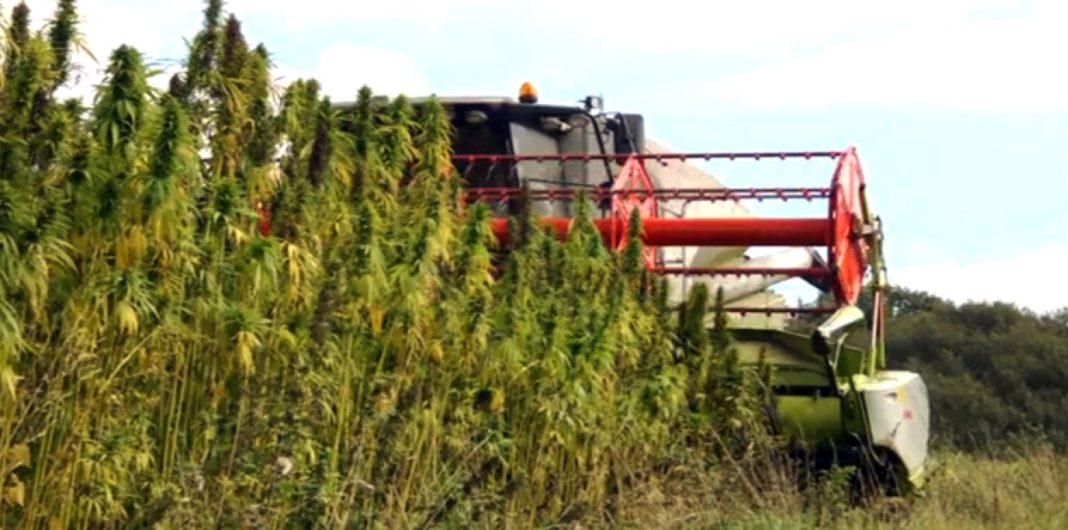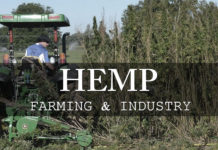Laws are hopefully going to change soon with the Senate passing the farm bill (6/28/18) to legalize hemp which now moves on to the house. Here are the State Industrial Hemp Statutes according to the National Conference of State Legislatures as of 4/18/2018.
State legislatures have taken action to promote industrial hemp as an agricultural commodity in recent years. A wide range of products, including fibers, textiles, paper, construction and insulation materials, cosmetic products, animal feed, food, and beverages all may use hemp. The plant is estimated to be used in more than 25,000 products spanning nine markets: agriculture, textiles, recycling, automotive, furniture, food/nutrition/beverages, paper, construction materials and personal care.
While hemp and marijuana products both come from the cannabis plant, hemp is typically distinguished by its use, physical appearance and lower concentration of tetrahydrocannabinol (THC). Hemp producers often grow the plant for the one or more parts — seeds, flowers and stalk. The plant is cultivated to grow taller, denser and with a single stalk.
At least 35 states passed legislation related to industrial hemp. State policymakers have taken action to address various policy issues — the definition of hemp, licensure of growers, regulation and certification of seeds, state-wide commissions and legal protection of growers. Some states establishing these programs require a change in federal laws or a waiver from the DEA prior to implementation.
State legislation also has removed hemp from the state’s controlled substances list and exempted industrial hemp from the statutory definition of marijuana if it is grown within specific regulations.
To protect growers from criminal prosecution some states provide an affirmative defense for cannabis possession and cultivation charges under controlled substances law for licensed individuals. States may require licensees to obtain a controlled substances registration from the DEA for the affirmative defense to apply.

















